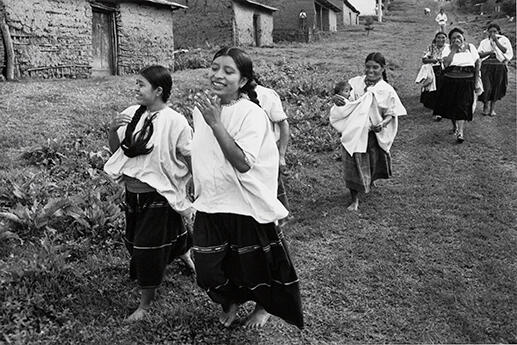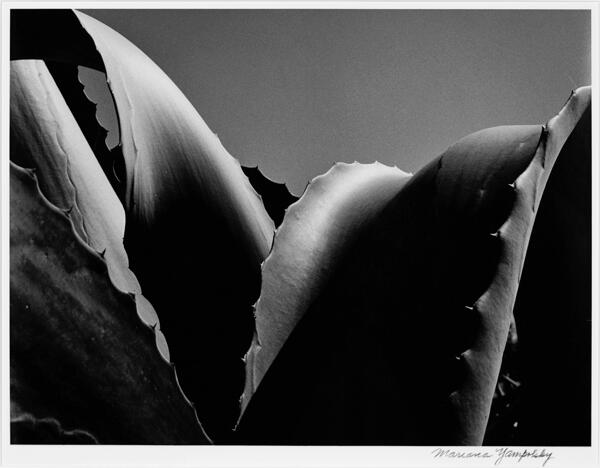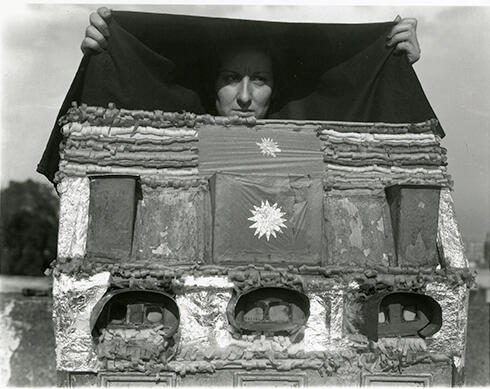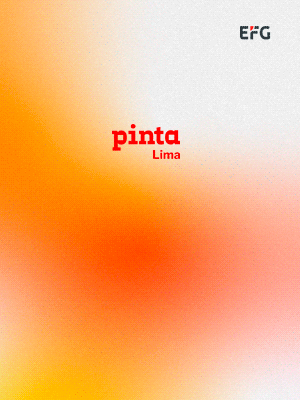Álvarez Bravo´s First Solo Show at the Wittliff Collections, Texas State University
For the first time in the Wittliff Collections´ history, there is a solo exhibition of prints by Manuel Álvarez Bravo (1902–2002), one of the founders of modern photography.
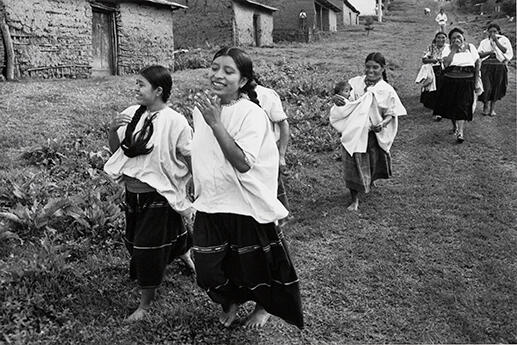
After 20 years of collecting, the Wittliff presents over 50 signed vintage and modern prints taken by Álvarez Bravo over the course of 70 years. Included among his renowned images are: Bicicletas en domingo ( Bicycles on Sunday); Caja de visiones ( Box of Visions); El ensueño ( The Daydream); Obrero en huelga, asesinado ( Striking Worker, Murdered); Parábola óptica ( Optical Parable); and Retrato de lo eterno ( Portrait of the Eternal).
Considered Mexico’s first artistic photographer, Álvarez Bravo is perhaps the most important and influential figure in 20th-century Latin American photography. His images are masterpieces of post-revolutionary Mexico, composed with avant-garde and surreal aesthetics that resonate with stylized vision. Álvarez Bravo’s signature landscapes, portraits, and nudes translate reality into dream-like moments that have become iconic.
Born in 1902 in Mexico City into a family that supported the arts, Manuel Álvarez Bravo learned photography largely on his own but was encouraged by other well-known photographers, including Hugo Brehme, Tina Modotti, and Edward Weston, as well as the French surrealist writer André Breton. Álvarez Bravo’s art—which matured into a transcendence of culture, time, and place—was inspired by the times, during post-Revolutionary Mexico when Mexico City flourished as one of the major creative and intellectual centers of the world. In 1955, Edward Steichen included his work in the landmark exhibition The Family of Man for the New York Museum of Modern Art (MoMA). Álvarez Bravo’s imagery has been featured in over 150 solo exhibitions, and he garnered many honors throughout his career.
The interests of “Don Manuel,” as he was called, went beyond his own photographic work, and his influence was far-reaching. He co-founded the Mexican Foundation for Publishing in the Plastic Arts devoted to books about Mexican art, planned the Mexican Museum of Photography in Mexico City, and mentored and befriended a great many younger, emerging photographers and artists in Mexico. He died at the age of 100 in October 2002.
On view in addition to the Álvarez Bravo photographs are portraits of him by Graciela Iturbide, Rodrigo Moya, and Bill Wittliff. The poem Facing Time, an ode to Álvarez Bravo’s work by Nobel Laureate Octavio Paz, is featured among other supplementary materials. Paz, a collaborator and friend of Álvarez Bravo’s, describes the photographer’s vision as “the arrow of the eye / dead center / in the target of the moment.”
The Wittliff’s Manuel Álvarez Bravo exhibition is on view through December 1, 2013.

